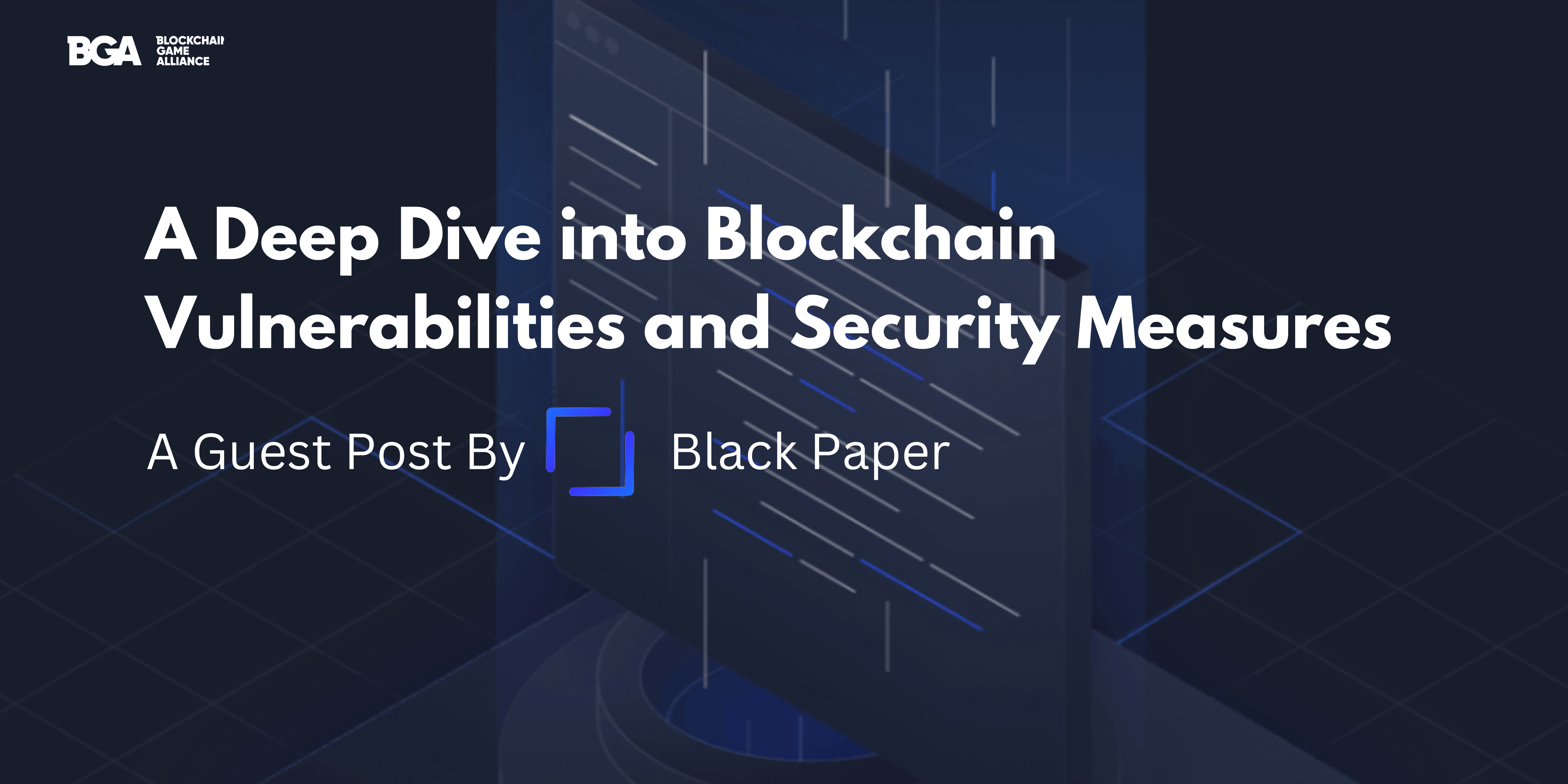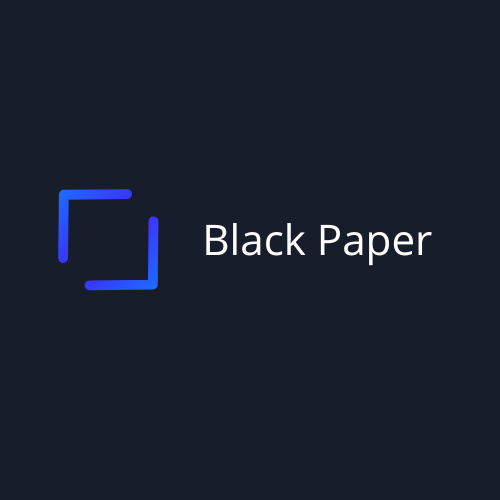
Axie Infinity Hack: A Deep Dive into Blockchain Vulnerabilities and Security Measures
In March 2022, the Ronin Network—a blockchain network that supports the popular game Axie Infinity—experienced a sophisticated and highly damaging security breach. This event not only resulted in substantial financial losses but also exposed critical vulnerabilities within blockchain technologies, emphasizing the need for stringent security measures.
1. The Attack: All Started with a Fake Job Offer on LinkedIn
The breach of the Ronin Network was not an ordinary hack; it was a carefully orchestrated attack that blended technical skill with cunning social engineering. The attackers cleverly posted a fake job listing on LinkedIn, targeting employees who had access to critical network information. By engaging with potential candidates under the guise of recruitment, the hackers built trust and extracted sensitive details about the network’s security setup.
Armed with this inside information, the attackers managed to compromise the private keys linked to five of the nine validator nodes. Since the security of the Ronin Network relied on a consensus mechanism among these nodes, controlling the majority allowed the hackers to initiate and validate fraudulent transactions. This exploit led to the unauthorized withdrawal of approximately $625 million worth of cryptocurrency, making it one of the largest heists in the history of decentralized finance.
2. Implications: Massive Losses and an Ongoing Mystery
The implications of the hack were immediate and profound. Approximately $625 million in cryptocurrencies, specifically Ether and USDC, was stolen in the breach, highlighting the financial risks and potential for major losses in blockchain-based systems. Despite extensive investigative efforts, the identities of the perpetrators remain unknown, and the breach has led to increased regulatory and security scrutiny across the blockchain sector.
Sky Mavis, the company behind Axie Infinity, committed to reimbursing affected users and has since implemented stricter security protocols to safeguard against future attacks.
3. Ensuring Security: The Role of Web3 Auditors and Smart Contract Safeguards
Strengthening Private Key Management: Effective private key management is crucial for maintaining security in blockchain networks. Techniques such as cold wallets and multi-signature setups are vital in preventing unauthorized access and ensuring that transactions are verified by multiple trusted parties.
Enhanced Role of Web3 Auditors: Web3 auditors play an indispensable role in the blockchain ecosystem. Their expertise is not limited to general security practices; they specialize in identifying and rectifying vulnerabilities at the smart contract level, which is often where security breaches can originate. By thoroughly reviewing and auditing the code that underpins these contracts, Web3 auditors, as we do at Black Paper, can pinpoint and fix flaws that might otherwise be exploited by malicious entities.
Smart Contract-Level Vigilance: Many security vulnerabilities in blockchain can be addressed directly within the smart contracts themselves. Regular audits and updates to smart contract code are essential to close security gaps and enhance the overall resilience of the platform.
Educating Employees: To counteract social engineering tactics like the one used in the Axie Infinity hack, organizations must prioritize ongoing education and awareness for all team members. Understanding the risks and learning to identify phishing attempts and other deceptive strategies are crucial in maintaining network integrity.
Conclusion
The Axie Infinity hack underscores the multifaceted nature of security in the blockchain realm. It illustrates not only the potential financial damages from such breaches but also the critical importance of comprehensive security strategies. These include robust management of private keys, the engagement of specialized Web3 auditors, like Black Paper, and the continuous education of employees about potential security threats. Together, these measures form the cornerstone of a secure and trustworthy blockchain environment.

Black Paper is a boutique audit consulting firm, founded to empower builders to securely launch and operate their blockchain-based projects. In less than a year since Black Paper’s inception, the team has served more than 15 clients, detected 300+ vulnerabilities and protected $40M of users’ funds. Feel free to reach out to Black Paper’s CEO, Coriolan Pinhas, to discuss the security of your projects.
This is a guest post written by BGA Member: Coriolan Pinhas, CEO | Black Paper
Recent Posts
Simplifying Blockchain Gaming: The FIO and SKALE Partnership
BGA Makes Waves at Spain’s Largest Annual Gaming Festival
The Best of Web3 Gaming: Highlights from BGA Connects Brussels




